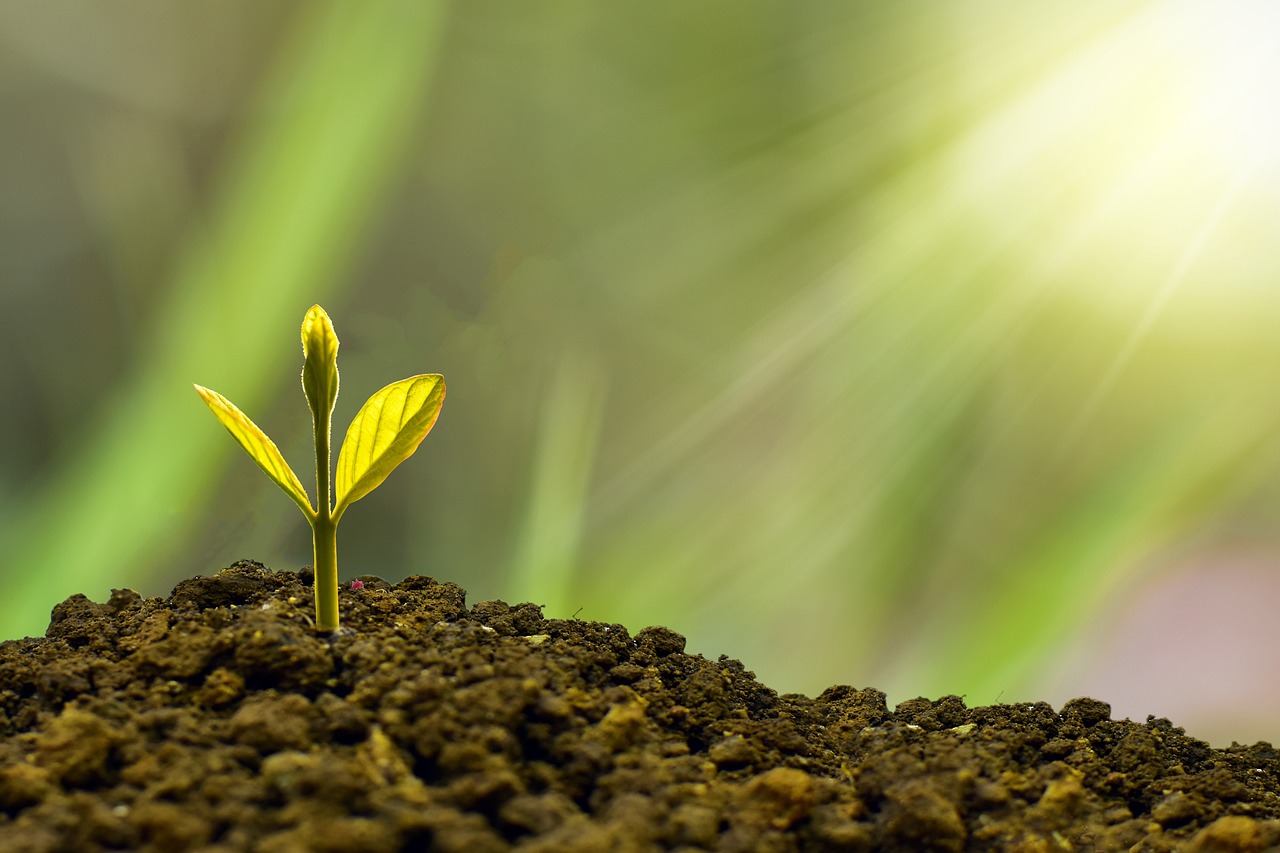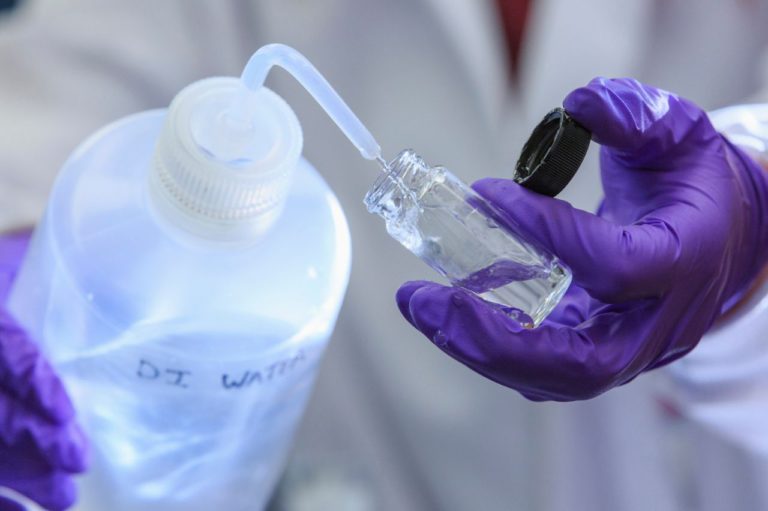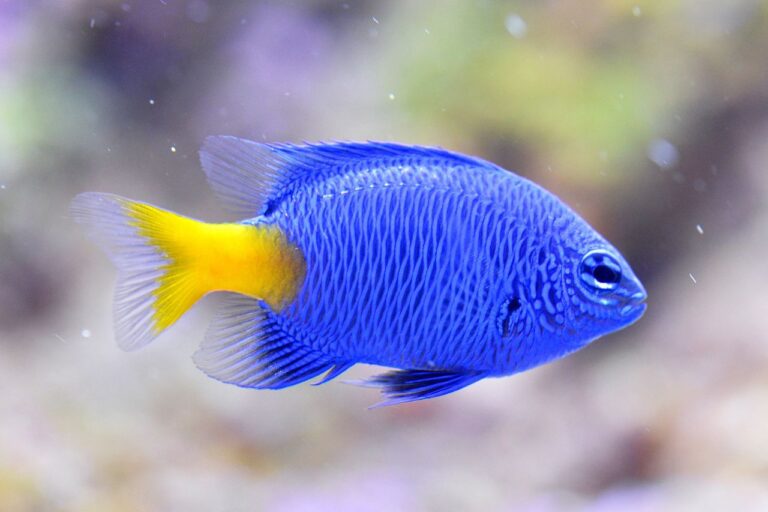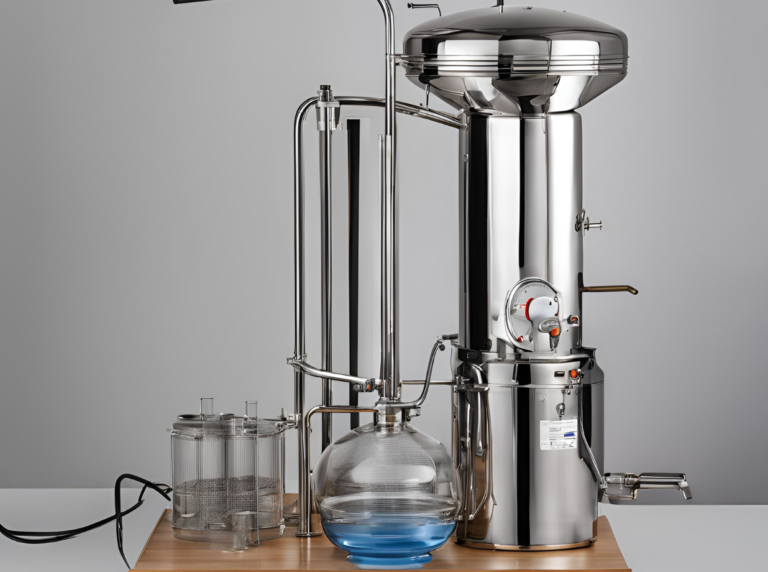Using Distilled Water On Plants
Purified water to be used on plants
When it comes to plant maintenance, many people don’t think twice about using water from the tap, but distilled water is really preferable for your plants. The finest kind of water to use for germinating seeds, sprouting, and growing plants of any sort is distilled water.
One of the primary reasons why distilled water is chosen over water from the tap is due to the fact that tap water includes salt, chlorine, and other chemicals that have the potential to accumulate in the soil of the plant. Distilled water is the next best thing to rainfall when it comes to maintaining the beauty and health of your plants.
What is distilled water?
In order to produce distilled water, water must first be brought to a boil before allowing the steam to cool and condense back into liquid form. This is somewhat similar to the process through which water evaporates, then condenses, and finally returns to Earth in the form of pure rain.
The hydrologic cycle is the term used to describe this activity. During this procedure, dirty water is left behind to be washed away, while clean, pure water is vaporized and released into the atmosphere as steam. Our Pure Water Distillation Systems provide water that is free of all chemicals and toxins. This pure water is either stored in a container made of stainless steel or a jar made of glass.
Benefits to using distilled water for plants
Distilled water is the best for watering houseplants. Because there is nowhere for pesticides to escape once they have been introduced, there is a potential for an accumulation of chemicals in potted plants.
Do you see a white ring that has formed in the soil? This might be due to the salts in the water or the minerals in hard water. Calcium, magnesium, and salt are the three elements that are absent from distilled water. Are the water marks on the leaves of your plant driving you crazy? Spraying the foliage of your plants with water that has been distilled can give them a spotless and shiny appearance that will attract comments.
What else is necessary for a plant’s healthy growth?
The requirements of each plant are unique. You should establish a routine for your plant that includes providing it with water and fertilizer so that it may thrive. There are even applications that can help you keep track of how well your plants are being cared for. Remember to repot your plants on a regular basis so that the roots may remain unrestricted and healthy.
Because of this, you will have the opportunity to replace the soil, which often consists of fertilizer. It goes without saying that enough exposure to sunshine is essential. Some plants thrive when they get a great deal of sunshine, whereas others wither and die when exposed to it.
Using distilled water to start the germination process of seeds
Do you plan on getting a head start on your garden this year? When you germinate seeds using distilled water, you supply your seeds with H2O that is free of any contaminants. Are you particularly proud of your organic gardening skills? If this is the case, don’t forget to make use of water that has been filtered and purified.
Did you know that the water that comes out of your tap might include traces of lead, arsenic, fluoride, chlorine, pesticides, uranium, nitrates, and even microplastics and medications in it? Why put these chemicals into your food supply in the first place? It makes perfect sense to consume distilled water as well as use it for germination of seeds, sprouting, growing plants, and other purposes.
Sprouting with distilled water
Sprouting is an excellent method for incorporating freshly harvested, nutrient-dense plants into one’s diet. They are a wonderful addition to a variety of dishes, including omelets, rice, salads, and sandwiches. They provide fiber and function as a prebiotic for the beneficial bacteria in the gut.
In order to maintain a sanitary and poison-free environment for the sprouting process, it is imperative that you utilize distilled water. If you want to include sprouting as part of a healthy diet, the best drinking water you can get is distilled water since it is the cleanest and most healthful option.
Your sprouts should develop without interference from chemicals that are prevalent in tap water such as chlorine or fluoride, not to mention undiscovered toxins that may be present such as arsenic, lead, iron, bacteria, or viruses. This is the case if you use filtered or bottled water.
Rainwater and distilled water have many similar properties
What do you believe would happen if chlorine were to rain down over the grass or plants that are located outside? They wouldn’t take well to that at all! Why not begin with a blank slate rather than focusing on eliminating the issues that are associated with using tap water? When you want the best results from your potting soil and fertilizers, combine them with water that has been distilled.
Conclusion
Distilled water is the ideal choice for watering plants, as it is free of chemicals and toxins that can accumulate in the soil and harm the plant. To produce distilled water, water is boiled and the steam is cooled and condensed back into liquid form, similar to the process of rainfall. Tap water contains salt, chlorine, and other chemicals that can leave behind white rings in the soil and water marks on the leaves of plants.
Using distilled water for germinating seeds and sprouting plants ensures that they are free of contaminants. Sprouting with distilled water is also recommended for a sanitary and poison-free environment. Distilled water is similar to rainwater in its properties and is the best option for maintaining the health and beauty of plants.






